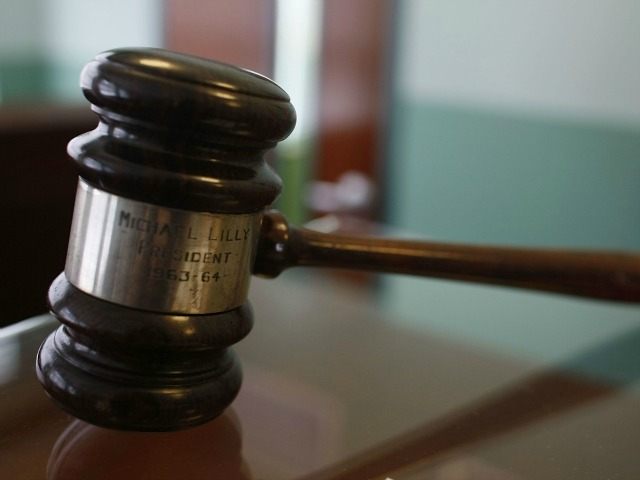In a blockbuster ruling by the California Supreme Court that could be a disaster for the $8.7 trillion mortgage bond market, defaulted borrowers can now sue to void a “wrongful foreclosure” if the assignment of their note and deed of trust bore any defects.
The foreclosure crisis that began in 2008 metastasized into a housing bubble collapse when it became obvious that missing documentation to securitize trillions of dollars of home loans into mortgage bonds threatened voiding the debt owed by defaulted borrowers.
According to 46-year mortgage industry veteran Bruce Lawrance, the issue seemed settled when the banks won a string of legal victories by 2012 in the lower courts that ruled borrowers in “nonjudicial” foreclosures “lacked standing” to “state a cause of action for wrongful foreclosure based on an allegedly void assignment.”
That meant that a foreclosed borrower had no rights to go to court to protest the securitization transfer because “only the original beneficiary of a deed of trust or its assignee or agent may direct the trustee to sell the property.”
But the California Supreme Court granted review in Yvanova v. New Century Mortgage Corporation to decide “whether the borrower on a home loan secured by a deed of trust may base an action for wrongful foreclosure on allegations a purported assignment of the note and deed of trust to the foreclosing party bore defects rendering the assignment void.”
In a shocking 30-page decision, the court rejected defense arguments by lenders, servicers and trustees that it is irrelevant to the borrower who is enforcing the debt; that there is no harm or prejudice to the borrower from the “wrong party” foreclosing if the loan is in default; that the borrower must show that the “true” owner would have refrained from foreclosing; and that borrowers lack standing to challenge an assignment as void because they are not parties to the assignment.
Lawrance views the decision by the court giving borrowers legal “standing” to sue in an effort to void the legality of loan transfers in non-judicial foreclosures as having huge financial implications for the lending and foreclosure industries.
Defaulted borrowers will be able to delay substantially the losing their property by forcing lenders to spend time and money filing judicial foreclosures that can take years to complete. As a consequence, the ability to securitize mortgages will be impaired and the value of existing securitized mortgages will become much more problematic.
For lawyers representing defaulted homeowners, the threat of waging expensive and protracted litigation against lenders will significantly strengthen their ability to extract lender concessions for their clients.
The court called its decision “narrow” by emphasizing it did not intend for the ruling to be read as an approval for borrowers to file lawsuits questioning the rights of the successor holder to enforce a mortgage note and deed of trust before there was a foreclosure sale.
But the court’s verdict sets up another big battle as lawyers attempt to extend Yvanova to pre-foreclosure claims by arguing that the same analysis should apply with greater force before a sale, when the borrowers can still “save” their home.
Coupled with the borrower rights granted by the 2013 passage of the “California Homeowner Bill of Rights,” lenders appear to have suffered a huge financial loss.

COMMENTS
Please let us know if you're having issues with commenting.